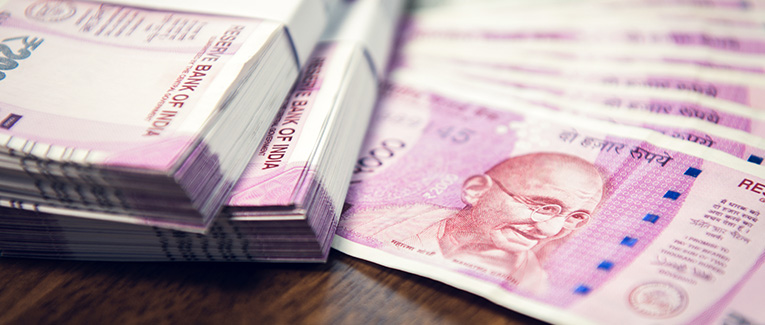
Foreign money transfer to India is a fairly simple process. You have various options for such a transfer. But, you would need to keep some points in mind before you select a method.
Parameters for Selection
Exchange Rate
Check the exchange rate that the transfer company is offering you. How does it fare in comparison to the rate of other service providers?
Speed
How soon do you need to remit it? If speed is a primary requirement, then you might not hesitate to pay higher remittance charges.
Convenience
Will you complete the transfer procedure at home or at the service provider’s office? The more convenient it is, the more attractive the option becomes.
Best Ways to Send Money to India
Online Transfer
This is the easiest way to remit money. If you have Internet banking facilities, you don’t need anything else. All you need are the bank account details of the recipient, including the IFSC Code. If you need to transfer money on a regular basis, then this option would work well for you.
Wire Transfer
Wire transfer is a commonly used method of international money transfer. Visit a bank at your location abroad or money transfer agencies like Western Union, Remit2India, etc. The service provider would need the recipient’s bank account details or the information regarding where the fund is to be remitted. Once the wire transfer process is underway, it’s usually completed in a couple of days.
ACH Transfer
If you are based in the U.S., then the Automated Clearing House (ACH) transfer process would be suitable for you to remit money to India, usually through an intermediary money transfer company. From your U.S. bank account, you can transfer funds to India without the paper checks, cash, or wire transfers.
It’s an inter-bank transfer, and the beneficiary in India will receive the money in 3–4 days. You don’t need to pay any additional fees. This process works well for small and regular transfers.
Money Orders
This is among the safest and least expensive options for transferring money to India. You would need to purchase the money order in Indian Rupees (INR) and deposit it in your bank account. Then, the money order will be issued. These transfers can be tracked if they don’t reach the intended recipient. However, the funds do take quite a while to reach the beneficiary.
Email Banking
This is another form of online funds transfer that is initiated through email. This is how it works:
- Log on to your bank’s website and fill out a form.
- Provide the recipient’s email ID in the form.
- Answer a security question, and share the answer with the recipient.
- The bank sends an email to the recipient along with the security question.
- The recipient answers the question correctly.
- The bank takes the recipient’s bank account details and completes the transfer.
Checks
Checks are another safe way to send money to India. Issue a check in the beneficiary’s name, and only he/she can cash it. You can cancel the check if it doesn’t reach the intended recipient. However, the beneficiary can cash the check only after the bank has verified the deposit in the sender’s bank.

